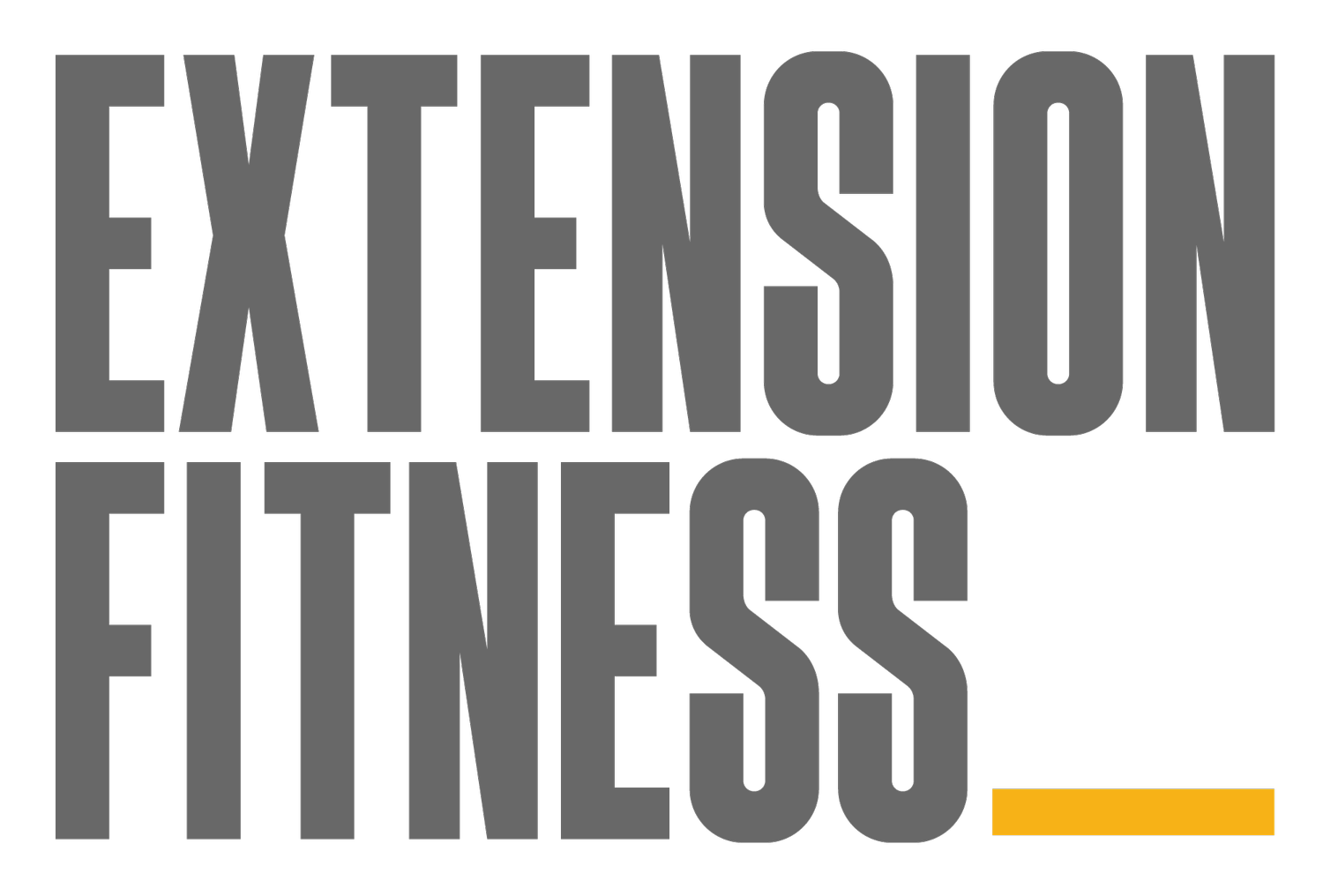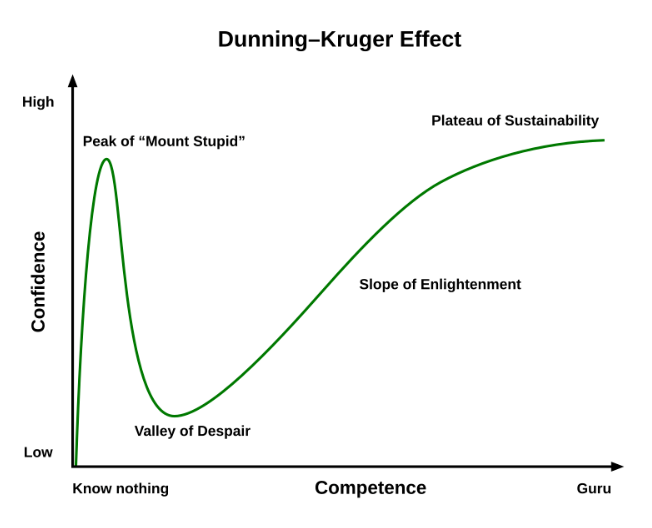Did Peter O’Sullivan Push Me Off Mount Stupid? (A Discussion About Trustworthiness Of Academic Journals).
Podcast links here: (under construction)
Source: Wikipedia
You may have heard of the Dunning Kruger Effect?
It describes how your confidence to speak about something increases as you gain competence.
But, noticeably, when you start to gain competence, your confidence can spike way too high too soon out of proportion with your experience and expertise, placing you atop "Mount Stupid". Then, as you gain more competence, you can descend into the "Valley Of Despair" as you realise there's a lot more to your field than you had realised.
Descending into the valley of despair can be marked by embarrassment on how you've been holding forth with strong opinions, stridently preaching to the world with way too much self-assurance.
After shooting my mouth off on LinkedIn regarding issues in modern day science, and understandably drawing a fair degree of pushback from people engaged in research for their day job, I have become personally acquainted with Mount Stupid.
Pete O'Sullivan (Physiotherapist - Body Logic & Curtin University), who's a personal friend plus one of my online adversaries & interlocutors on this issue - kindly agreed to have a chat about his own perspective as an active researcher.
This discussion with Pete provides his perspective on the trustworthiness of modern empirical research in allied health.
It resulted in an increase in my own confidence that contemporary research published in high quality peer reviewed journals can be trusted.
In our discussion, numerous different things were referenced. Listeners keen to find out more can follow the links below.
Thanks, Pete, for making time for this discussion!!
1// Hippocrasy, by Rachelle Buchbinder and Ian Harris.
2// John Ioannidis, Meta-Researcher at Stanford University. Renowned as an outspoken contrarian on medical research. Published the famous paper “Why Most Research Findings Are False”.
3// Sean Riley has published “Trustworthiness,” confidence in estimated effects, and confidently translating research into clinical practice". (Tim referenced this paper in the discussion about whether or not prospective trial registration is a feature of contemporary research).
4// Peter O’Sullivan’s Practice
5// Centre For Open Science - Lead By Brian Nosek
6// Reproducibility Project (a project to replicate landmark, foundational findings in psychology which had great difficulty reproducing key findings)
7// This series in the Freakonomics podcast discusses issues relating to academic misconduct in science. I think this episode may be painting an excessively grim picture - based on what Peter was saying in our discussion.
8// Pete referred to 5 questions from the pain health website to ask your healthcare practitioner about Back Pain, but he stated it is a pretty good synopsis for what a person can take to their healthcare provider on different issues:
What is the evidence for this treatment?
What are the costs, benefits and risks?
How much of this treatment will I need?
What can I do to help myself?
Please can you write down this information?

